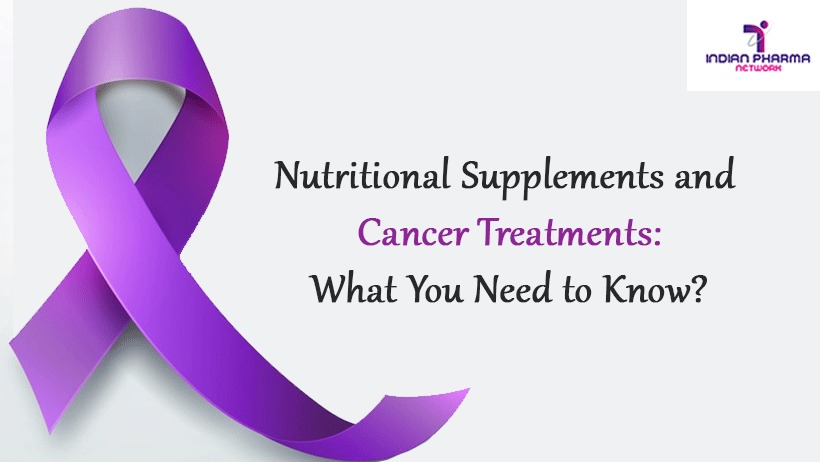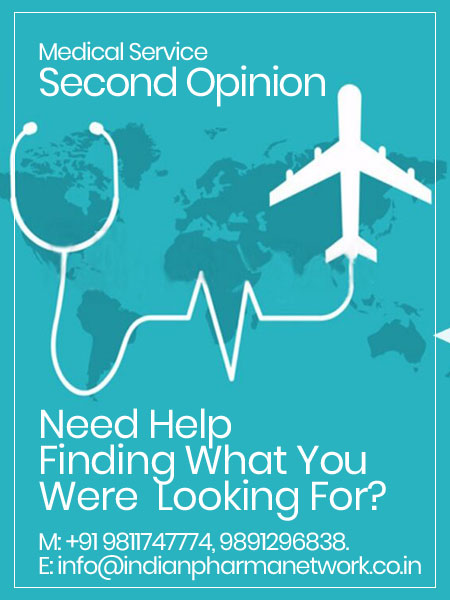From Vitamin A to vitamin E to calcium and zinc, there are many kinds of nutritional supplements, available in the market. Including various kinds of vitamins, minerals, and other natural remedies to your daily regimen can boost people’s immune system, energy level, and overall health.
But, if you have been diagnosed with cancer, and especially if you have been undergoing treatment, certain supplements may harm you.
Nutritional supplements are the dietary supplements which are used in patients with cancer who perceive them to be anti-cancer and anti-toxicity agents. Many companies claim their dietary supplements cure cancer or help slow its growth. According to the current cancer research, it is determined, that most of the nutritional supplements taken during the cancer treatment may interfere with your chemotherapy, making it less effective at fighting cancer.
In this write-up, we would be getting to know about the various vitamins and supplements, their side effects, and how to stay healthy when you have cancer.
Maintaining a strong immune system is crucial for a patient who is suffering from cancer. Your immune system has been designed to recognize and destroy abnormal cells, but the surface markers on cancerous cells are identical to those on normal cells, making it impossible for your immune system to recognize them as a threat. This happens in the early stages. Now, let us know about some nutritional supplements.
What are natural nutritional supplements? Why should you avoid them?
Nutritional supplements consist of liquid or tablets which constitute different types of vitamins, herbs, minerals, or specific nutrients that can be consumed to support the immune system and enhance the quality of processes that take place in a body.
Your doctor may prescribe supplements if you have or may develop a vitamin deficiency by treatment. Often, many cancer therapies weaken bones and can contribute to the development of osteoporosis. In these cases, your doctor may prescribe calcium and vitamin D to support your bone health. In some cases, supplements are also required if cancer treatment makes it difficult for patients to get the nutrients they need from whole foods, such as fruits, and vegetables, if they had surgery to remove part of the digestive tract, stomach, intestines. Therefore, supplements are provided to get those nutrients in your diet.
While many companies claim that their products are natural or herbal, that does not mean they all are safe. Many of them can interact negatively with prescription medicines. Also, quality of herbal supplements is a concern, more so than with vitamin or mineral supplements.
Moreover, heavy doses of supplements can be toxic or harmful in some instances. For example, high doses of vitamin C can increase the risk of kidney stones. Vitamin B6, even in moderate dosages, can result in nerve damage. Vitamin A toxicity can led to changes in bone development, an enlarged liver, anaemia, and loss of hair. Nutritional supplements must be taken only, if your doctor prescribes them during unavoidable circumstances.
Avoiding Nutritional Supplements that can Degrade your Health
If you have been diagnosed with cancer lately and are undergoing treatment, certain supplements may harm you or counteract anti-cancer treatments like chemotherapy. Hence, patients must always consult with their oncologists before taking any supplements. We have made a list of some supplements that can interfere with your cancer treatment. Check out the following list.
- Grapefruit Juice: A grapefruit or grapefruit juice is a popular diet, but it inhibits enzymes in the liver and can interfere with beta-blockers. Grapefruit juice interacts with some calcium channel blockers and increases the level of the medicine in your blood.
- Acid berry: Enriched with many health benefits, this palm fruit may interfere with the effectiveness of cancer treatment, i.e., chemotherapy and radiation treatments as it has high anti-oxidant properties.
- Fish Oil: As fish oil contains omega-3 fatty acids, which help the body absorb nutrients, prevent cancer, and heart disease. But higher doses than 3,000 mg per day may impair the immune system and can increase the bleeding and stroke risk.
- Flaxseed: Flaxseed contains lignans(phytoestrogens), which help in reducing the cancer risk. Instead of flaxseed oil, consider sprinkling flaxseed which is high in fiber and omega-3s, over cereal or yogurt. Flaxseed may also interact with blood thinners, including pain medications such as aspirin.
- Ginger: Ginger is known for controlling inflammation, which plays a role in cancer and nausea. Excessive amounts of ginger should be avoided, as it may interact with blood thinners and cause lower blood sugar levels in diabetic patients.
- Turmeric: Turmeric is a curry spice and has anti-inflammatory properties and contains anti-oxidants called curcumin. In very early basic laboratory studies, curcumin has been shown to stop the spread of melanoma cells. But studies also show that turmeric may interfere with chemotherapy for breast cancer, so avoid turmeric during the treatment.
Planning a Healthy Diet During the Cancer Treatment
The best way to eat all the nutrients you need is through a healthy diet. The nutrients needed to help your body fight cancer are found in a well-balanced diet which emphasizes on plant-based foods. According to the American Institute of Cancer Research, a patient fighting from cancer should aim to cover most of each plate (at least 2/3) with foods like fruits, vegetables, beans, and whole grains. The rest of the plate can include animal foods like chicken, fish, eggs, cheese, and yogurt.
Some of the foods that can fight cancer are
- Apples, blueberries, cherries, cranberries, Cruciferous Vegetables (broccoli, cauliflower, brussels sprouts, cabbage)
- Dark Leafy greens (spinach, kale, collard greens, turnip greens), garlic, grapes, green tea, beans and peas, soy, tomatoes, and whole grains.
As dietary supplements are not required to meet the same safety standards as drugs. Manufacturers are not required to have FDA approval prior to selling and marketing their products. Therefore, one does not know that dietary supplements are safe because he/she is relying solely on the manufacturer.
A team of oncologists’ team should provide an appropriate advice for the patients on living a healthy lifestyle, including weight control, a low saturated fat, high fibre, low-refined carbohydrate, moderate alcohol diet, and nutrition support. Oncologists should also provide an appropriate guidance on nutritional supplements which will not harm.
Reach out to the team of best pharmaceutical consultants at Indian Pharma Network as they will also provide advice and any medication that you need from any part of the globe.
Visit: https://indianpharmanetwork.co.in/
Or
Call Mr. Neeraj Nagpal on 9811747774
Reference Links:
- https://www.rogelcancercenter.org/living-with-cancer/mind-body-side-effects/nutrition/most-wanted-supplements
- https://pubmed.ncbi.nlm.nih.gov/24857143/
- https://www.mdanderson.org/cancerwise/should-you-use-dietary-supplements-during-cancer-treatment.h00-159303834.html
- https://www.cancercenter.com/community/blog/2019/12/7-natural-supplements-to-avoid


